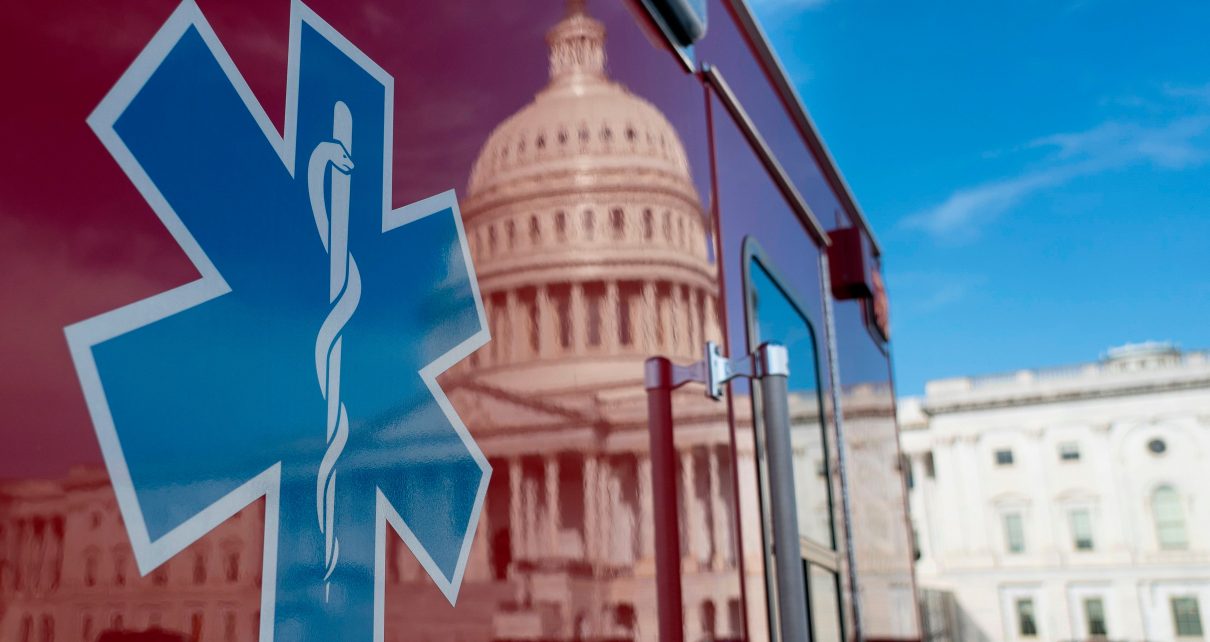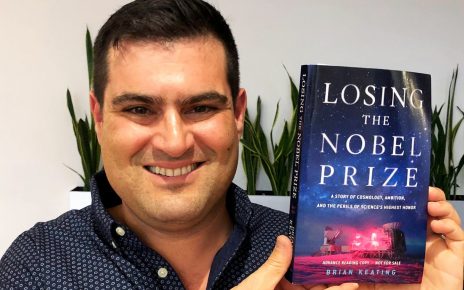As lawmakers in the United States turn their focus to fighting the scourge of COVID-19, they will need to come up to speed quickly on the science behind the virus that causes it; the ongoing challenges around testing; and the dynamics of spread.
That is going to be difficult, because lawmakers and their staff tend to be generalists. Out of the 535 lawmakers, only 17 have a background in a field related to science and technology policy.
They will resort to Google searches, reading Wikipedia, news articles, and, yes, even social media reports. Then they will make a flurry of cold calls and e-mails to whichever expert they can get on the phone with the desperate hope that someone will provide useful and actionable answers.
I worked in the Senate for nearly a decade, and this was the playbook each time there was a crisis whose response required scientific know-how. On anything from the 2011 Fukushima nuclear power plant disaster, to the 2014 Ebola outbrea, or the 2016 flooding of social media platforms by disinformation, the world’s so called “greatest deliberative body” was flying by the seat of its pants.
There is a simple solution to the science deficit in Congress. If you lack in-house expertise, get expert advice from outside.
The legislative branch can learn from what the executive branch does.
When executive branch officials need help from experts, they establish federal advisory committees—volunteer academic and industry leaders who advise federal agency officials on everything from power plant pollution controls to train safety technology.
There are hundreds of these advisory bodies at work today.
Even presidents aren’t shy about their lack of science and technology expertise. Since Franklin D. Roosevelt, they have had a council of advisors on science and technology advising them on technical matters.
Ironically, it is Congress that funds these advisory committees throughout the executive branch, but lawmakers, who are charged with writing the laws that these agencies execute, have no similar mechanism in place for themselves.
The good news is that every lawmaker can have a council of advisors on science and technology. It requires no legislation and no additional government expenditure.
That’s because lawmakers can recruit their own councils of advisors from their local universities, businesses and other research institutions back in their states and districts. There are more than 10,000 research institutions across the country, filled with experts on everything from infectious disease to cancer research to artificial intelligence.
Lawmakers can interact with their councils virtually until the outbreak subsides, but eventually in person when they’re back home visiting the district.
They can benefit from the fact that local researchers are often working on local problems. Whether it’s the capacity of hospitals in the state to deal with an outbreak, or the impacts of climate change on local flood plains, these advisors can help inform issues that matter most to legislators.
Lawmakers and technical experts speak different languages. That’s why nonpartisan organizations that work with both communities can help to translate, improve communication between the two, and develop the overall architecture to make these councils as productive and efficient as possible. My organization, the Federation of American Scientists, has kicked off a pilot program to build several of these advisory committees for lawmakers. Others should too.
Working together, scientists and political leaders can work to ensure that policies are based on sound science and evidence.
It’s what the people deserve.



